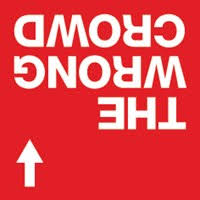Rook MBTI 성격 유형
인격
"Rook은 어떤 성격 유형입니까? Rook은 mbti의 ESTJ 성격 유형입니다. enneagram의 6w7 - sx/sp - 683, big 5의 SCOEN, socionics의 LSE입니다."
In what Universe do you think an ESTP, an Se dom, would naturally stick to only two possible modes of movement, ie horizontal and vertical. If that was a person, they'd want to go up, down, left, right, move like a Knight, then a Bishop maybe. The movements of a rook is incredibly restrictive for an Se dom. It doesn't suggest an exploratory perceiving type. Instead it definitely suggests more of an organised judging type, using Si to stick to the tried and tested approach. One main use of a rook, is to 'castle', defending the King. It's an efficient way to get the King out of the way and into, let's call it, a 'safer position'. That sounds more of a dutiful role of a Te dom. It was ordered by the King, a higher authoritative piece, where the Rook simply will be dutiful and accept the chain of comman and will protect the King, perhaps due to their Si, as Si is known for their fondness of authority and the chain of command and where they fit in that. The Rook is used often to wipe out many pieces, especially in the end game, or it's being used to constantly put the King in check - especially when you can use Rooks (and maybe a queen) to efficiently get a King into checkmate by cornering them. That seems more like Te dom, being action orientated to get the job done, getting the King in checkmate, via reducing the number of pieces the opponent has.
전기
The rook (/rʊk/; ♖, ♜) is a piece in the game of chess. It may move any number of squares horizontally or vertically without jumping, and it may capture an enemy piece on its path; additionally, it may participate in castling. Each player starts the game with two rooks, one in each corner on their own side of the board.


















